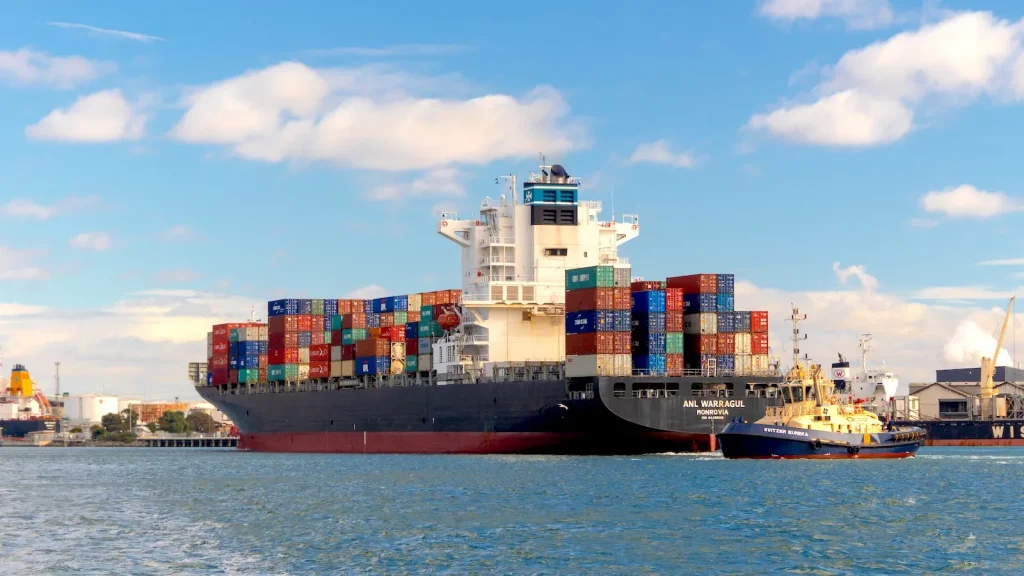Especially in busy cities, the metro subway system in urban regions has grown to be a vital part of transportation. Cities’ growth drives the need for more efficient systems capable of managing the rising need for both goods and people movement. Metro systems’ growth, including the metro manila subway stations, is helping companies to noticeably improve delivery times and general logistical operations. Better infrastructure is helping to reduce congestion and simplify the delivery process, hence enabling quicker and more dependable services.
Boosting Delivery Speed Through Efficient Transit
A metro subway system’s capacity to greatly cut delivery times is among its key benefits. Goods can be moved fast and with more dependability with designated routes and stations meant to escape the turmoil of road traffic. The predictability provided by metro networks significantly helps companies depending on on-time deliveries. Packages can be moved more quickly to their locations free of the delays often brought by crowded roads. Consistently meeting delivery deadlines helps businesses to provide better service to consumers and enhance their bottom line.
Impact of Metro Subway Stations on Local Logistics
This development directly affects local logistical efficiency. The subway offers a specific area for cargo movement by including many transit modes, including freight and passenger services, therefore not competing with the road’s significant traffic. This smooth connectivity lets businesses more precisely and certainly arrange delivery. The capacity of the subway system to manage large numbers of people and commodities also guarantees that logistical activities run more smoothly, hence lowering the likelihood of transit delays and problems.

Improved connectivity for simplified operations
Designed to link different areas of a city quickly, subway systems improve logistical operations throughout urban centers. Companies depending on several distribution sites might benefit from the subway’s large network to transfer products effortlessly between sites. This networked connection lowers the distance products have to travel by road, hence reducing the possibility of transportation delays. The growth of subway systems is quite important in guaranteeing that logistics operations stay efficient and successful while metropolitan areas keep growing.
Like the metro manila subway stations, metro subways are changing the way products are sent in big cities. By providing a quicker, more dependable replacement to conventional road-based transportation, they are lowering delivery times and enhancing general logistics efficiency. The good influence on companies, customers, and the economy will only increase as metro systems proliferate, so guaranteeing that cities stay linked and effective centers of trade.

